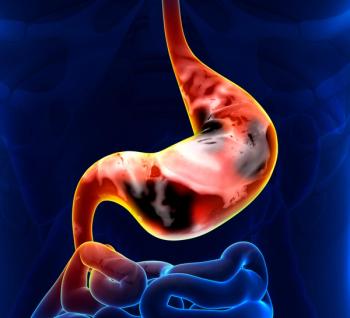
Identification of Common Gene Variants Associated With Gallbladder Cancer
Researchers at the Johns Hopkins University Bloomberg School of Public Health say they have found several gene variants which may predispose individuals to develop gall bladder cancer.
Collaboration between investigators in America and India may lead to new ways of treating gallbladder cancer. By comparing the genetic code of gallbladder cancer patients with those of healthy volunteers at nearly 700,000 different locations in the genome, researchers at the Johns Hopkins University Bloomberg School of Public Health say they have found several gene variants which may predispose individuals to develop the disease.
The Johns Hopkins researchers have been working with investigators at the National Cancer Institute and Tata Memorial Cancer Centre in Mumbai, India and
“Gallbladder cancer, like many other cancers and complex diseases, is likely to be associated with many genetic markers, each of which may have small effects, but in combination they can explain substantial variation in risk,”
For this current investigation, researchers at the Tata Memorial Cancer Centre gathered blood samples from 1,042 patients who were treated at its hospital in Mumbai between September 2010 and June 2015. The researchers also collected blood samples during this time from 1,709 healthy volunteers with no known cancers. The individuals were matched by their ages, sex, and geographic regions.
The scientists ran these blood samples through a whole genome analysis of common single nucleotide polymorphisms (SNPs). Through a series of biostatistical and bioinformatics analyses, they found highly significant association for multiple DNA variants near the ABCB1 and ABCB4 genes.
A previous study had associated ABCB4 with the formation of gallstones, a known risk factor for gallbladder cancer. However, the new results show for the first time that common inherited variants in this region may predispose individuals to gallbladder cancer itself, independent of gallstone status, according to Chatterjee.
The researchers estimate as much as 25% of gallbladder cancer risk could be explained by common genetic variants. Although gallbladder cancer is rare in most parts of the world, it is far more common among some ethnic groups, such as Native Americans in North America. It is also more common in certain geographic regions, including Central and South America and East and Southeast Asia.
Newsletter
Stay up to date on recent advances in the multidisciplinary approach to cancer.





































